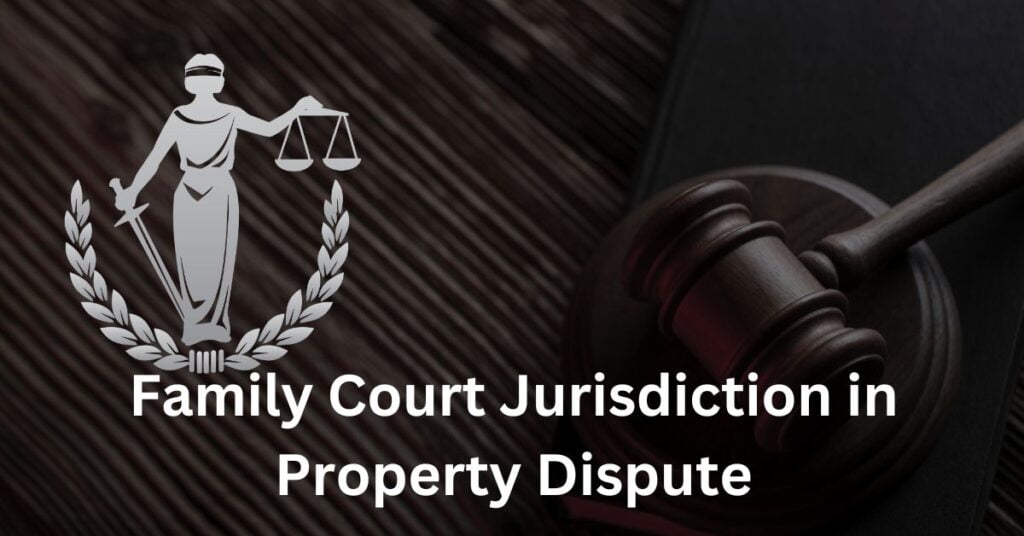In a recent judgment delivered on September 12, 2023, Hon’ble Delhi High Court grappled with a crucial question: What is the correct period of limitation for filing an appeal against a decree or order passed by a Family Court under the Hindu Marriage Act, 1955 (HMA)? The judgment not only addressed this legal dilemma but also delved into the intricate legal provisions surrounding family law appeals.
Table of Contents
ToggleUnderstanding the Case
The appellant, Pallavi Mohan, contested a divorce petition filed by her husband, Raghu Menon, under Section 13(1)(ia) of the HMA. The Family Court allowed Raghu Menon’s divorce petition on April 11, 2019, leading Pallavi Mohan to file an appeal.
The Legal Dilemma
A significant legal dilemma emerged in this case regarding the time limit for filing an appeal. The Family Courts Act, 1984, stipulates a 30-day period for filing appeals from judgments or orders of Family Courts. However, Section 28(4) of the HMA prescribes a 90-day period for filing appeals against decrees or orders made under the HMA. This inconsistency posed a critical question: Which time limit prevails when filing an appeal against Family Court judgments related to the HMA?
Arguments Presented
The appellant’s counsel argued that Section 28(4) of the HMA should govern the appeal’s time limit, as it specifically addresses appeals arising under the HMA. Additionally, the counsel cited the Supreme Court’s directive in the Savitri Pandey vs. Prem Chandra Pandey case, which advocated for a 90-day limitation period to prevent the frustration of marriages during the appeal process.
Conversely, the respondent’s counsel contended that Section 20 of the Family Courts Act, with its non-obstante clause, prevails over the HMA’s provisions. They emphasized that the phrase “any other law for the time being in force” in Section 20 of the Family Courts Act refers to inconsistent provisions at the time of their application.

The Court's Decision
After thorough consideration, the Delhi High Court ruled that the period of limitation for filing an appeal against a judgment or order of the Family Court is indeed 30 days, as specified in Section 19 of the Family Courts Act. The Court also emphasized that, under Section 5 of the Limitation Act, 1963, delays can be condoned for sufficient cause.
The Impact
This judgment holds significant implications for individuals seeking divorce under the HMA and those filing appeals against Family Court decisions. It clarifies the timeline for filing appeals in cases governed by the HMA, reducing any confusion arising from the conflicting provisions of the Family Courts Act and the HMA.
Conclusion
The recent judgment in Matrimonial Appeal (F.C.) 199/2019 reaffirms that, when it comes to filing appeals in family law matters, adherence to statutory timelines is crucial. Parties involved in such cases must be aware of these timelines to protect their legal rights effectively. This decision offers clarity on this matter and ensures that appeals are handled within the framework of the law, allowing individuals to seek justice within the specified time limits.


